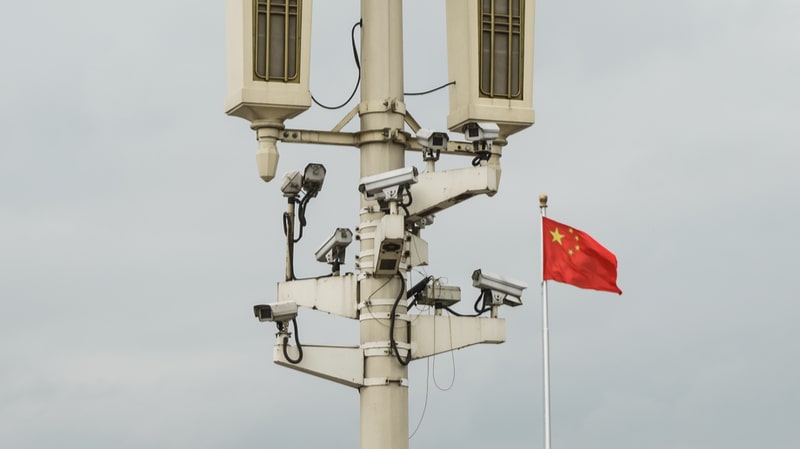
Lawmakers at a House Select Committee on the Chinese Communist Party (CCP) hearing on July 23 issued a bold call for CCP General Secretary Xi Jinping to dismantle the country’s “Great Firewall,” but witnesses at the hearing had other suggestions.
The Great Firewall, or the “State Data Cross Border Security Gateway,” is the Chinese government’s main tool for monitoring and censoring online content.
“With an army of censors boosted by artificial intelligence and other cutting-edge technology, [the Great Firewall] monitors all information and expression within China, rapidly stamping out anything that diverges from the Party line,” said committee Chairman John Moolenaar, R-Mich.
Rep Moolenaar added that behind the firewall “the CCP has the Chinese people trapped in a parallel reality where they are fed a steady stream of propaganda … The CCP has turned the internet – designed as a tool of freedom – into the ultimate tool of control.”
The congressman issued his call for General Secretary Xi Jinping to tear down the firewall.
“When General Secretary Xi Jinping was in San Francisco last fall, he declared that America and China ‘must not erect barriers’ between one another. He can be true to his word by tearing down the [CCP’s] Great Firewall,” he said.
Zack Cooper, a senior fellow at the American Enterprise Institute, echoed the congressman’s urgency regarding the firewall, adding that “the Great Firewall is not only an obstacle for the Chinese people, but it is increasingly a roadblock for U.S.-China relations.”
However, unlike the congressman’s demand that the CCP tear down that firewall, Cooper urged lawmakers to focus on aiding the vulnerable Chinese citizens circumvent the wall.
“The goal need not be to ‘tear down’ the Great Firewall, but we must at least help vulnerable populations to circumvent it. The time to act is now, before these systems proliferate globally,” he said.
That task may also be a challenge, according to Xiao Qiang, the founder and editor-in-chief of the China Digital Times.
“Chinese internet users employ various technologies to circumvent the Great Firewall … However, as users evolve their circumvention techniques, the Great Firewall enhances its blocking capabilities,” Qiang told lawmakers.
Qiang explained that the current state of techno-surveillance in the CCP requires more immediate action.
The firewall “actively blocks tools that attempt to circumvent [the CCP’s] censorship” and through his research, Qiang has identified 1,382 websites blocked in China, including YouTube, Google, Twitter, Instagram, and Facebook.
Qiang urged lawmakers to blacklist educational and research institutions that are involved in the research and application of digital authoritarian technologies, such as the Great Firewall. He also urged lawmakers to enact digital authoritarian sanctions “on individuals who play a significant role in the research and application of digital authoritarian technologies.”
